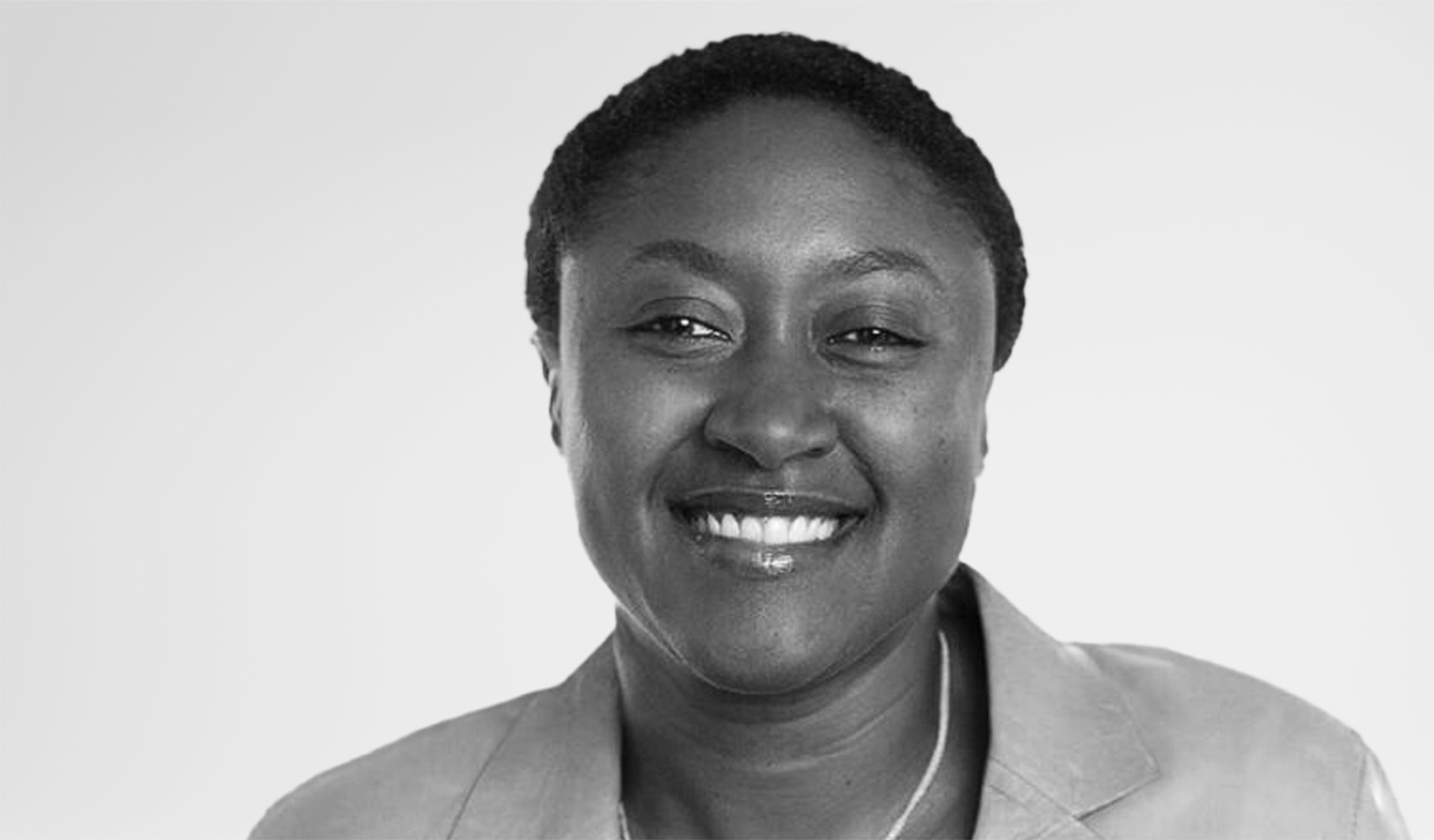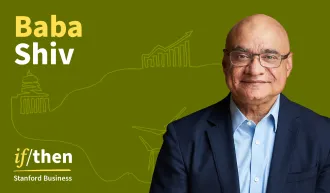Unilever CEO: Refocus Your Ambitions
Paul Polman explains why the CEO role can be a “stupid ambition.”
June 21, 2016

Unilever CEO Paul Polman spoke to Stanford GSB students about leadership and social change. | Stacy Geiken
Not many CEOs would tell consumers to use less of what their company is selling, and few speakers addressing an audience of MBA students would suggest that becoming a CEO is “a stupid ambition.” But that’s part of the advice Paul Polman, the CEO of Dutch consumer goods giant Unilever, shared during a recent talk with Stanford Graduate School of Business students.
A veteran of Procter & Gamble and Nestlé, Polman became CEO of Unilever in 2009. He has embraced the ethic of sustainability and corporate responsibility while greatly expanding the company’s reach. Unilever now has a presence in 190 countries and reaches 2 billion consumers a day.
Polman said he believes in managing for the long run, and when he became CEO, the company stopped doing quarterly reports and no longer gives guidance. Sustainability, though, is his major focus. “To be a good business person, you need to know as much about sustainability as you know about sales. You need to know as much about climate change as you do about cash flow,” Polman said.
He was the featured speaker at this year’s Conradin von Gugelberg Memorial Lecture, an event designed to foster environmental responsibility among business students. Polman shared his views on environmental sustainability and the role of business in social change. Here are some of the highlights.
Refocus Your Ambitions
The typical business student probably aspires to the corner office, but Polman counsels executives in training to rethink that goal. It is, he said, “a stupid ambition.” Instead, “You need to have something where you want to have an impact and that aligns with your values. It will drive your passion.” People’s self-worth “should not be measured by net worth,” he said.
A Different Business Model
Forgoing quarterly reports was part of Polman’s strategy to focus on sustainability. “If you want to solve all these issues like climate change, food security, poverty alleviation or access to clean drinking water or education, you cannot be victim to the quarterly reporting,” he said. Many companies, though, do the opposite. “They would forgo doing the right decisions long term if it affects their quarterly profits versus market guidance. We’ve become very myopic,” Polman said.
Own the Entire Value Chain
Solving serious social issues requires companies to take responsibility for their entire value chain, Polman said. “You cannot solve issues if you just stay in your own narrow little box and work in silos. In our case, you’re in the food business. You have to take responsibility from the farm to the fork and all the issues that are in between.”
Join Their Team
When Polman joined Unilever, the company was suffering the effects of the financial crisis of 2008. Because the company was not doing well, he said, it wasn’t difficult to convince people that change was needed. To make change succeed, though, “it was for me to prove that I could be part of their team instead of them to prove that they could be part of my team.” Doing that meant digging into the history of the company and understanding its core values, he said.
A Radical Proposal
Our financial system rewards investments with lower tax rates than those imposed on working people, Polman said.
“At a time that we need to create more jobs, we need to subsidize labor and penalize capital because we have enough of the capital. We don’t need to get higher returns,” he said.
Climate Change’s Unfair Impact
The International Monetary Fund estimates that the global cost of climate change is already at $5.3 trillion, while the London School of Economics believes that the cost will rise to $24 trillion, Polman said. The Sustainability Accounting Standards Board, a nonprofit founded in 2011, estimates that 93% of U.S. equities are potentially at risk because of climate change.
But the bulk of the costs associated with climate change will fall on the poor, said Polman. “Climate change, as I’ve said many times, is actually a human development agenda. It’s the poor that suffer.” Referencing a recent report from the World Bank, Polman predicted that if climate change continues unabated, an additional 100 million people will fall into poverty
For media inquiries, visit the Newsroom.
Explore More

The Function of Friction: How to Use Obstacles to Your Advantage

Aicha Evans: “You Must Have the Irrational Belief That It Will Work Out”



